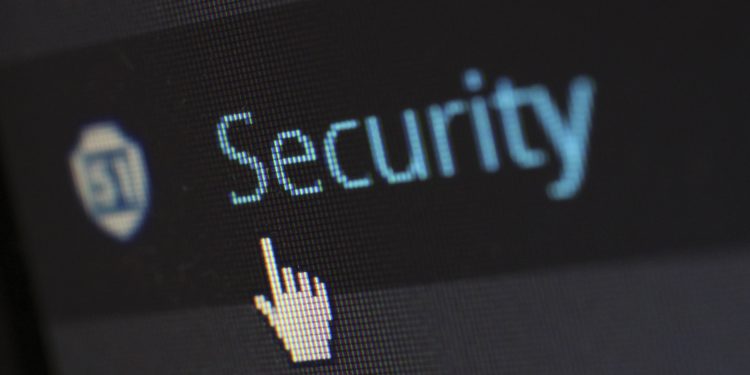Stress, wellbeing and mental health has become an area of discussion in many industries, particularly on how best to address its impact on the workforce. There used to be a stigma attached to those with mental health problems, often leading to them being discriminated against. Thankfully, change is happening and awareness of this important issue is increasing.
However, in cybersecurity, it seems as though the industry is a step or two behind, instead of being ahead of the curve in how it is handling this problem.
Looking at the stats alone, research has shown that from 1000 security professionals, 51% had been prescribed medication for their mental health. In addition to that, almost a third of CISOs have considered quitting their organisation sighting ‘burnout’ as a significant factor for wanting out.
It is a clear and present issue.
With the sector already suffering from a global skills shortage, ensuring those working or seeking employment in cybersecurity are looked after is imperative for its survival. Without these individuals, no one would be safe in the digital world we live in.
Well, how have we got to this stage and how can we, as an industry, address mental health before more damage is done? At the IT Security Analyst & CISO Forum 2022, questions were posed to both leading CISOs and analysts on how big of a problem stress and burnout was, whether is it was negatively impacting the workforce’s productivity to deliver its objectives and, what can be done to solve it.
The consensus from the room was that the industry is suffering badly from stress, fatigue and burnout, which is filtering from the senior security positions down through the chain of command to the general workforce.
One CISO believed stress came with the territory of the positions and responsibilities they handled daily. Of course, stress is found in every profession but when reality involves existing on coffee and a lack of sleep, this is a recipe for disaster.
This has become the norm for many unfortunately, but they wanted this to be reversed as it was not conducive to their overall mental health. There was a perception that CISOs and security professionals have this “macho” or “heroic” exterior, yet there is underlying damage being done to their wellbeing due to their profession.
Fortunately, as senior security leaders, they all understood change was necessary. They did believe this was more management than a sole information security issue which needed to be fixed.
Each provided ways in which a change in working culture could be achieved. For instance, beginning with words of encouragement such as saying thank you, congratulating a team member on an achievement or recognising good work. These small gestures matter and can go a long way toward changing a person’s attitude, reducing anxiety levels and even de-stressing them.
Furthermore, communication is key and advocating regular check-ins with colleagues can build a strong support base for everyone which in turn will benefit the team and overall productivity.
Of course, there will be stressful moments which everyone will come across, but they don’t need to occur every day.
The world has gone through some dramatic shifts during and since the pandemic, with many people experiencing strains and difficulties on their mental and physical health. What we want to avoid is our peers being drawn towards unhealthy coping mechanisms that will impact their psychological and physical health.
Here are a few recommendations to try and avoid such a situation happening:
- Use words of encouragement
- Set clear achievable goals and celebrate the successes
- Have healthy amounts of sleep and exercise
- Have dedicated well-being programs that focus on mental health and neurodiversity
- Have a culture that normalises and advocates for mental health
- Seek out applications that can help improve wellbeing and productivity I.e. The Zensory
Regardless of our profession, industry or role, we all have a duty to help support an individual in need. Thankfully, there are many resources available online to point you in the right direction. Just know, you are not alone and there will always be someone willing to listen and help.








